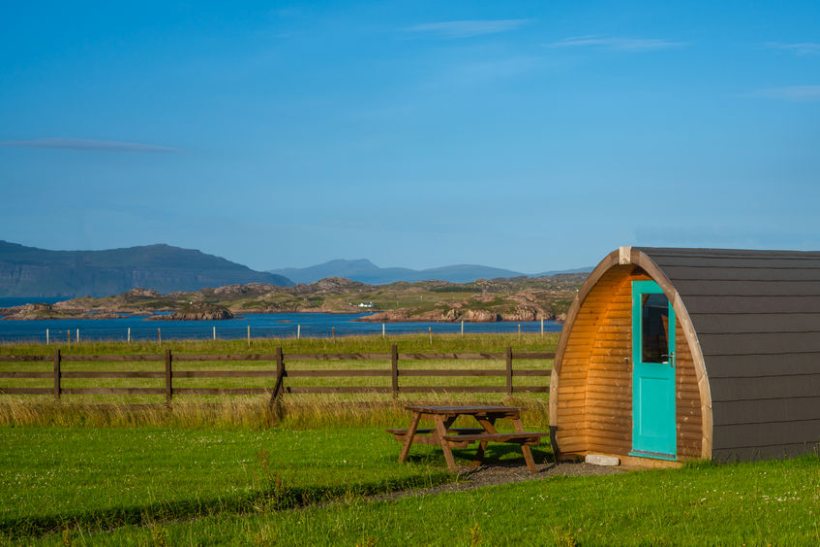Farmers reminded of VAT complexities associated with glamping

Farmers and landowners are being reminded of the VAT complexities associated with starting up a glamping diversification business.
Glamping has developed into a well-established element of the UK tourist industry over recent years, with many farms diversifying into it.
It is proving to be an attractive option for farming businesses seeking an alternative income source.
However, rural accountancy firm Saffreys warns that it is not without complication, with VAT in particular being one of the taxes that many should look out for.
There are VAT complexities associated with starting up a glamping business and the provision of glamping services is subject to the standard rate of VAT, the firm says.
UK based suppliers, if not already registered for VAT, would have to register once the value of their taxable turnover exceeds the VAT registration threshold (currently £85,000, increasing to £90,000 from April 1, 2024) over a rolling 12-month period.
VAT director at Saffrey, Nick Hart, says: “Maximising VAT recovery is important here as the initial outlay on equipment and set up costs can be significant.
“Whilst there are opportunities to reclaim VAT on costs incurred pre-VAT registration, many prefer to register and reclaim VAT at the start, as recoverable VAT can assist with cash flow when setting up the glamping business.
“For those operating the glamping business through an entity or person which is already VAT registered, they would simply need to charge VAT from the first booking and reclaim VAT on the associated purchases.”
It is not uncommon for a new glamping business to be operated through a separate vehicle, rather than by the landowner or farmers themselves.
The drivers to this include the protection of assets and risk management around having members of the public on their site.
Ring-fencing the glamping business in a separate vehicle clearly has its advantages however, Saffreys says the VAT position needs to be thought through carefully.
“For a separate vehicle to operate the glamping business, it will need to be granted rights to do this by the landowner,” Mr Hart explained.
“The landowner may elect to, or indeed have to, charge VAT when granting those rights, to ensure its own VAT recovery position is not impacted.
He explained that this may influence the business’s decision of when to register for VAT.








